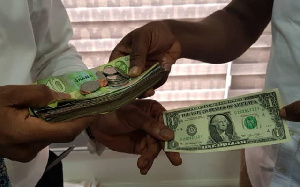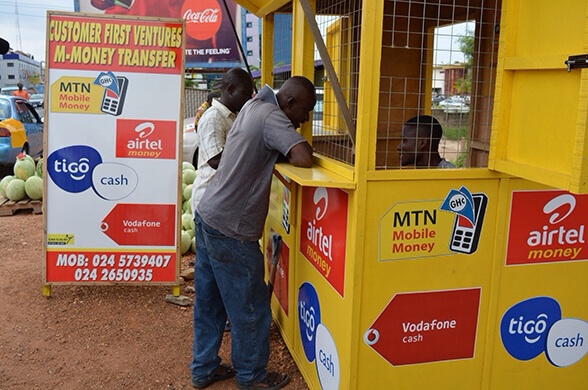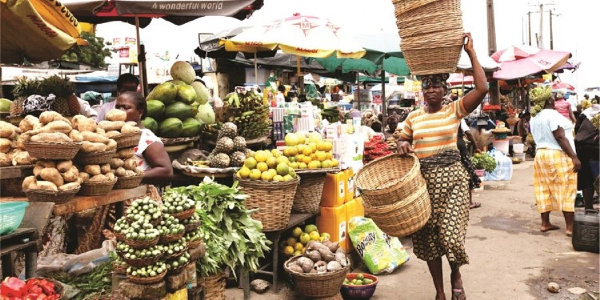5 Reasons the Ghana Cedi Could Hit 8 GHS to the Dollar Before End of June

Ghana’s currency, the cedi, has been under intense pressure in recent months, and signs suggest the depreciation may continue—possibly reaching GHS 8 to the US dollar before the end of June. While the cedi has experienced volatility before, current economic signals make the situation particularly concerning. Here are five reasons this scenario is increasingly likely.
1. Persistent Demand for the Dollar
Import-heavy economies like Ghana naturally exert consistent pressure on their local currencies. With the recent uptick in oil prices and growing demand for imported goods, businesses and individuals are scrambling for dollars to pay for goods and services. This surge in dollar demand without a proportional increase in supply puts downward pressure on the cedi.
2. Weak Foreign Exchange Reserves
The Bank of Ghana’s ability to stabilize the cedi depends heavily on its foreign exchange reserves. Recent reports indicate that these reserves have been dwindling due to lower-than-expected inflows from cocoa and gold exports, Ghana’s key foreign exchange earners. Without adequate reserves, central bank interventions to support the cedi become limited and less effective.
3. Delay in IMF Tranche Disbursement
While the government secured an IMF deal to help restore macroeconomic stability, the next tranche of funds has not yet been released. This delay erodes investor confidence and reduces the inflow of dollars into the economy. If the disbursement does not happen soon, the cedi’s slide could accelerate as speculators bet on continued weakness.
4. Investor Sentiment and Capital Outflows
Foreign investors have grown increasingly cautious about emerging markets amid global economic uncertainty. In Ghana’s case, concerns over fiscal discipline, rising debt levels, and inflation are pushing investors to move capital into safer dollar-denominated assets. These capital outflows reduce dollar availability and exacerbate the exchange rate situation.
5. Market Speculation and Panic Buying
Perception often becomes reality in currency markets. The widespread belief that the cedi will continue to depreciate has triggered speculative behavior. Businesses and even individuals are rushing to convert cedis to dollars as a store of value, creating a self-fulfilling cycle that further weakens the local currency.
What Happens If We Hit GHS 8/$1?
A cedi at 8 to the dollar would raise the cost of imports, push inflation higher, and increase the local currency value of external debt. It could also force a faster policy response from the Bank of Ghana in the form of rate hikes or fresh intervention measures. For households and businesses, the pressure on prices and purchasing power would be immediate and felt across all sectors.
Conclusion
While predicting exchange rate movements with precision is always difficult, the signs are clear: unless there’s a significant inflow of forex or a decisive monetary intervention, the cedi could weaken further in the coming weeks. Policymakers will need to act swiftly and decisively to restore confidence before the cedi hits GHS 8 to the dollar—and possibly beyond.
Source: Thepressradio.com| Solomon Ogyem





